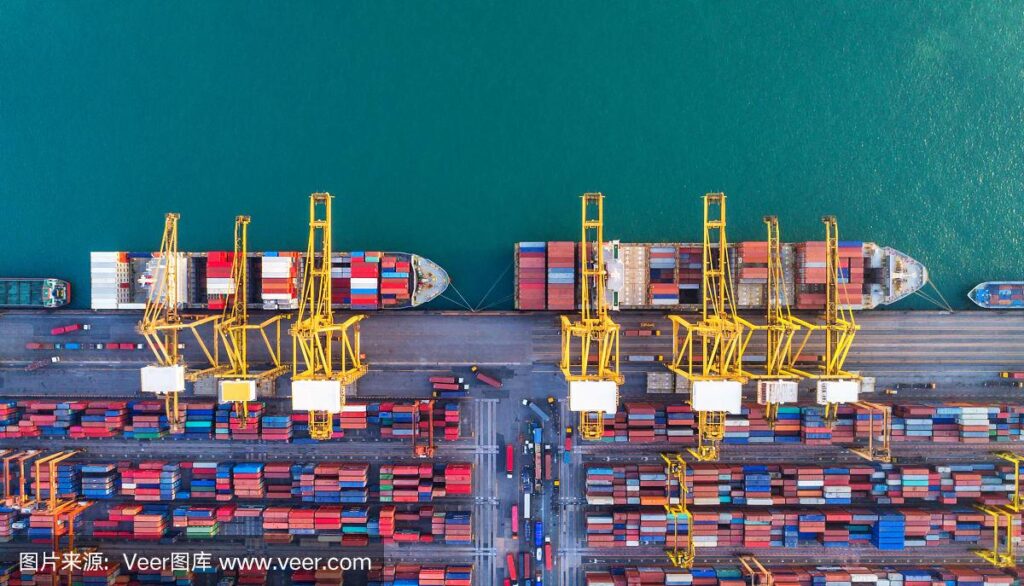When shipping goods from China to Germany, selecting the right bonded warehouse is a critical decision. A bonded warehouse allows you to store goods without paying import duties or taxes until the goods are cleared by customs. Understanding how to choose a bonded warehouse, as well as handling packing, shipping, and export documentation, will help streamline your freight process and minimize unexpected costs.
1. What is a Bonded Warehouse and Why is it Important for Shipping to Germany?
A bonded warehouse is a storage facility where imported goods can be kept until they clear customs. For international shipping, this is a significant advantage, especially for businesses exporting from China to Germany. Here’s why:
- Duty Deferment: You don’t have to pay import duties until goods are released into the German market.
- Storage Flexibility: Bonded warehouses give you the flexibility to store goods for extended periods, allowing you to manage stock more efficiently and avoid delays in shipments.
- Consolidation: If you’re shipping multiple items, a bonded warehouse can consolidate your goods before final shipping to Germany, reducing handling and freight costs.
2. How to Choose the Right Bonded Warehouse for Germany Freight
When selecting a bonded warehouse for Germany freight, here are some factors to consider:
- Location: Choose a warehouse close to major ports or airports to reduce transit time and shipping costs.
- Customs Compliance: Ensure the warehouse is compliant with Germany’s import regulations and that they can handle all necessary customs processes.
- Technology and Tracking: The warehouse should offer modern tracking systems so you can monitor your goods and ensure they’re being handled properly.
- Cost Efficiency: Compare prices and storage options to ensure the warehouse offers competitive rates while meeting your business needs.
3. Packing and Shipping Goods to Germany
Efficient packing is key to reducing shipping costs and ensuring goods arrive safely. When packing for shipping to Germany, keep these tips in mind:
- Choose Appropriate Packaging Materials: Use strong, lightweight materials to minimize weight and reduce costs.
- Follow Germany’s Import Regulations: Ensure packaging complies with Germany’s rules for imports, such as labeling and safety standards.
- Consolidate Shipments: If possible, consolidate smaller shipments into larger ones to reduce costs.
4. Export Documentation from China to Germany
When exporting goods from China to Germany, proper documentation is essential to ensure smooth customs clearance. Some important export documents include:
- Commercial Invoice: Details of the transaction and product description.
- Packing List: Lists the contents of each shipment.
- Bill of Lading: A receipt for the shipment, important for proving ownership of goods.
- Certificate of Origin: Verifies the country of manufacture for the goods.
- Customs Declaration: Required for clearing customs in both China and Germany.
Ensuring all documentation is accurate and complete will prevent delays and additional fees at customs.

5. PAA (People Also Ask)
1. How do I choose the right bonded warehouse for Germany freight?
When choosing a bonded warehouse, consider location, customs compliance, available technology for tracking, and cost efficiency to ensure smooth and cost-effective storage.
2. What is the importance of packing when shipping goods to Germany?
Proper packing reduces shipping costs, ensures safe delivery, and helps comply with Germany’s import regulations, ensuring your goods are not delayed or damaged.
3. What documents are required for exporting goods from China to Germany?
Key export documents include a commercial invoice, packing list, bill of lading, certificate of origin, and customs declaration. These are necessary for smooth customs clearance and shipment delivery.
4. How can I minimize shipping costs from China to Germany?
You can minimize shipping costs by choosing the right bonded warehouse, optimizing packaging to reduce weight, and consolidating shipments to lower overall freight fees.
